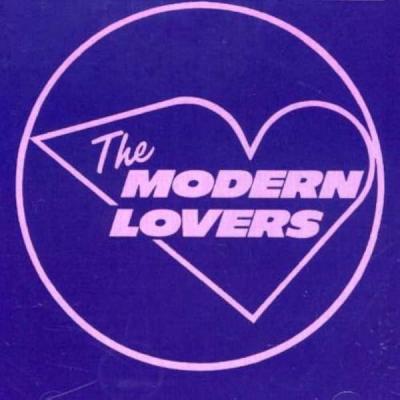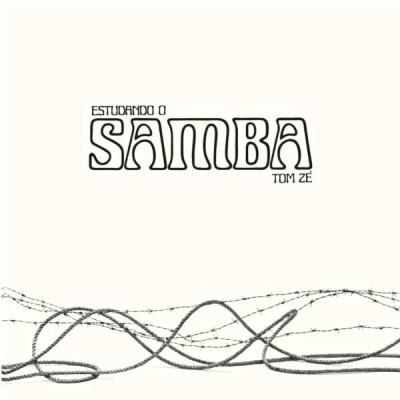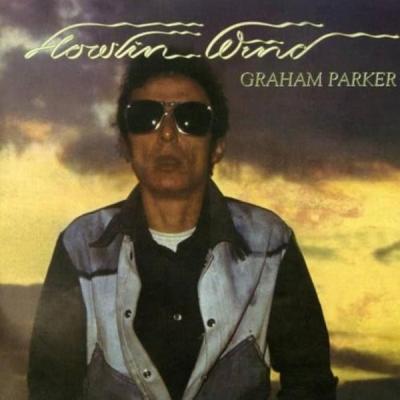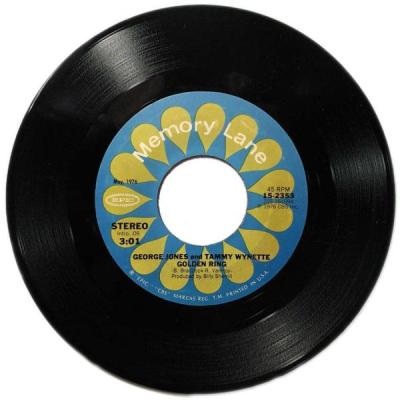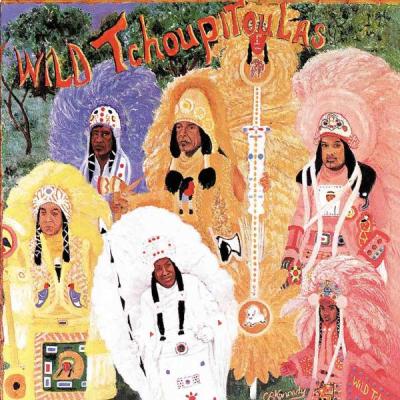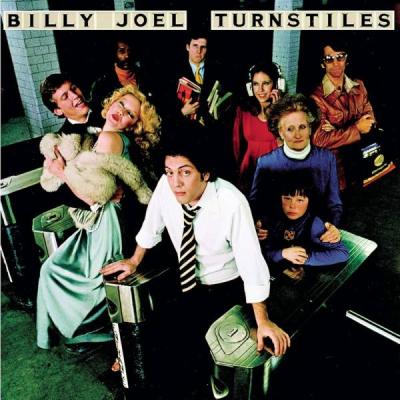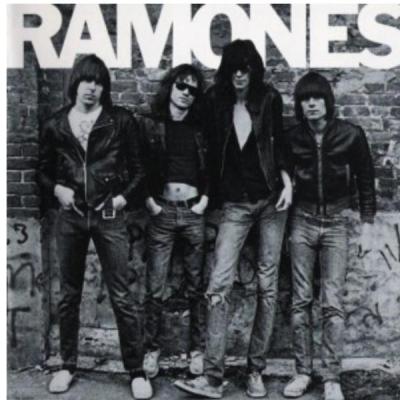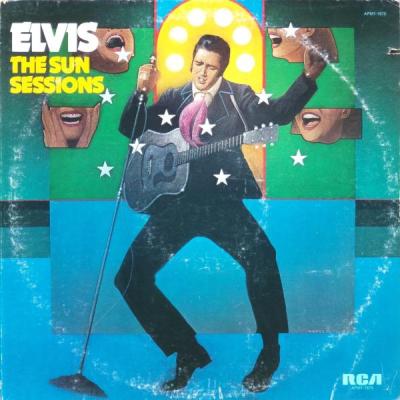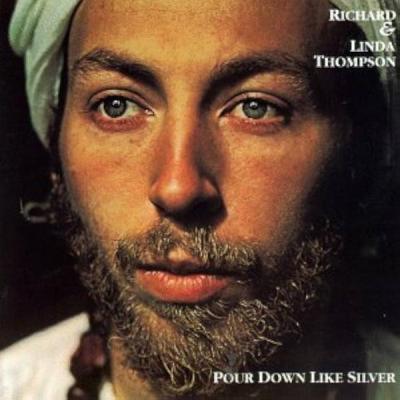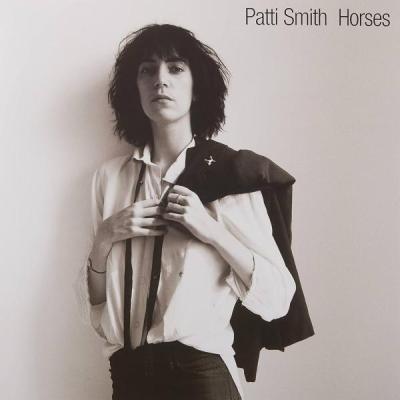

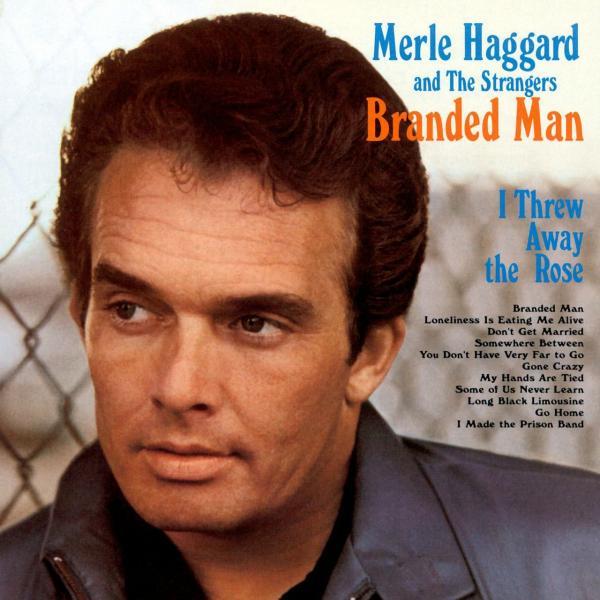
Merle Haggard: Branded Man
Album #76 - August 1967
Episode date - December 7, 2016
“Branded Man” is an album that sounds even better in retrospect because of its backstory, but none of us knew any of that when it was released in 1966.
Back then, we didn’t know much about Merle Haggard. He was just a new face in country music, sporting the rougher-hewn Bakersfield, California sound that built itself around pedal steel and Fender guitars, as opposed to Nashville’s penchant for heavy orchestration. His incredibly rich voice was more than enough to recommend him, but I can’t help but wonder if it would have hurt or helped his career if the public knew that his songs about doing hard time and living outside the law were largely autobiographical. In his younger years, Haggard was a wild one, running away from home, hopping freight trains, and surviving on petty crimes until his wild ways led to time in a juvenile detention center, from which he twice escaped. An avowed recidivist, he was arrested once again shortly after his release for beating somebody during a burglary, and sent to jail. Another escape attempt led to time in a high security facility, all before he was eighteen years old. After serving his time Haggard married, but as an ex-con, found it impossible to earn an honest living. A failed attempt to rob a roadhouse bar would eventually lead to Haggard doing hard time in San Quentin. While behind bars, he learned that his wife was pregnant, but he was not the father. Yet another scheme to escape would be the incident that saved Haggard from himself. Deciding the plan was too risky, he decided against it, while another inmate and friend went through with the plan, killed an officer and ended up back in San Quentin, but now awaiting execution on death row. Haggard was wearing prison stripes in 1958 when Johnny Cash appeared at the institution, inspiring Haggard to straighten up and follow his own muse. He was released on parole in 1960.
Such a past would be enough for a lifetime’s worth of country songs, and Haggard’s singing and songwriting talent led to a recording contract. “Swinging Doors/The Bottle Let Me Down” was a great debut record, but none of the songs made mention of prison. Haggard was not proud of his history and tried very hard to keep that part of his life from being known to his fans, although his first big hit was “I’m a Lonesome Fugitive” (a song not written by Haggard). Later in life, he confessed to living in fear that the truth of his past would be discovered and ruin his career, so it’s fairly incredible to note that “Branded Man” raised the stakes significantly by moving into autobiographical territory. None of us knew it then, but Haggard was taking a risk by facing his fears head-on. It wasn’t until 1968, after a conversation with Johnny Cash, that Haggard decided to own up to his past and publicly discussed his time in San Quentin on Cash’s variety television program. Suddenly, all his prison songs came into hard focus. Songs like “Sing Me Back Home,” “Branded Man,” “My Hands Are Tied” and “I Made the Prison Band” took on a confessional edge that had been previously unknown.
From that point on, Haggard remained completely true to himself in his music, even when he was confused about his own perspective, as was made obvious by a song like “Okie from Muskogee.” Was it inspired by pride, ignorance, satire, or some combination of all three? Haggard himself evolved into an avowed pot-smoker, thanks largely to his close friendship with Willie Nelson, so the song’s interpretation changed as Haggard himself changed. He would remain an iconoclastic figure until his dying day, but his songs about prison will surely remain ingrained as touchstones for honesty in Country music.
August 1967 - Billboard Charted #167
Related Shows
- 1 of 20
- ››


